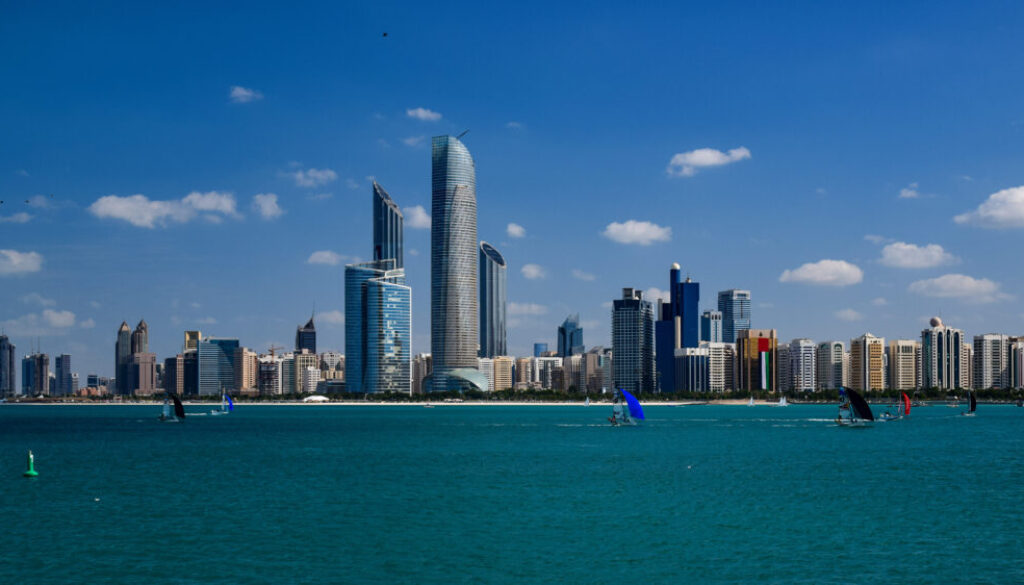ARISE at the World Urban Forum
We’re attending the upcoming World Urban Forum, and we’re really excited to be participating. This year’s theme is, Cities Of Opportunities: Connecting Culture And Innovation. The Forum Background Paper explains:
Cities are hubs of innovation often deployed to address a wide range urban challenges— water management, sustainable mobility, security, solid waste management and renewal energy. In the context of urban areas, culture and innovation are inextricably linked and engaged in a continuous process of refining each other. The city with its concentration of people, ideas, and resources serves as a catalyst to initiate and sustain innovation. The rapidly changing urban context provides the opportunity for the intersection of culture and innovation and to address persistent and emerging urban challenges.
We are involved in two panels. Please do come along and meet us.
- Leveraging Crowd Wisdom to Better Understand the Technology and Ethics of Neighbourhood Deprivation ‘Slum’ Mapping, Sunday 9 February, 16:30 – 18:30, Hall 3 – Room 20
- Partnerships towards an inclusive culture of health in cities, Monday 10 February, 16.30-18.30pm, NE69
Keep scrolling to find out more about these sessions…
ARISE sessions at the WUFLeveraging Crowd Wisdom to Better Understand the Technology and Ethics of Neighbourhood Deprivation ‘Slum’ Mapping
Sunday 9 February, 16:30 – 18:30, Hall 3 – Room 20
Recent rapid urbanization in low- and middle-income countries (LMICs) has both boosted economic growth, as well as proliferated inequalities in access to basic infrastructure, access to essential services, and social-cultural resources having severe impacts on living conditions and health outcomes. UN-Habitat estimates that a billion people currently live in slums, informal settlements, and inadequate housing, and this number is expected to double by 2050. Three significant knowledge gaps undermine the efforts to monitor progress towards the Sustainable Development Goal 11 — Sustainable Cities and Communities):
- First, the data available about deprived areas in cities worldwide is patchy and insufficient to differentiate deprived areas from those with access to essential services, infrastructure, and social-cultural resources.
- Second, existing approaches to area deprivation mapping are mostly siloed, and, individually, they each lack transferability or scalability.
- Third, ethical and privacy standards are not well developed to guide the publishing of data on the geography and attribute information of deprived areas (e.g., socio-economic characteristics).
This networking event is coordinated by a diverse stakeholder group representing the main approaches to neighbourhood deprivation mapping. In this session, we review the strengths and limitations of existing mapping methods used to identify deprived areas, and introduce a working framework for an Integrated Deprivation Area Mapping System (IDeAMapS) that would leverage the strengths of each approach. We propose mapping deprivation on a continuous scale in small areas (e.g. grids or blocks) to provide enough detail to inform planning, while obfuscating the exact boundaries of neighborhoods to promote privacy and mitigate unintended consequences. Multiple deprivations might be mapped – e.g., degree of pollution, environmental risk, informality, and secure tenure – to enable targeting of programmes and policies. All outputs could be classified to distinguish deprived and non-deprived areas, which is important for other data collection and reporting initiatives.
As technologies, available data, and computing power rapidly evolve, new opportunities are emerging to co-create and integrate data. We must ensure that these approaches are inclusive, result in benefit to all stakeholders, and that we have mitigated unintended consequences, such as locating already vulnerable populations and enabling further marginalization via eviction, fines, harassment, or stigma. These new technologies are very promising, and have potential for positive impact if done well. At the moment, most of the existing initiatives emphasize physical environmental characteristics (e.g. informal settlements), without consideration of social-cultural data and multiple stakeholder input, including, importantly, the communities who are being mapped.
Partnerships towards an inclusive culture of health in cities
Monday 10 February, 16.30-18.30pm, NE69
Achieving inclusive and sustainable cities means ensuring that all urban residents can enjoy good health and wellbeing. There are many interlinkages between sustainable cities and health and the objectives of the New Urban Agenda. For example, clean water and sanitation and responsible consumption and production will contribute to healthy environments, clean air and therefore healthy and happier populations. However, there are barriers to achieving necessary conditions for good health and wellbeing in urban areas. There is particular need to hear the voices and experiences of marginalised urban dwellers (shaped by social class, gender, caste, sexuality, age, disability, tenancy and citizenship) in urban planning and development decisions which could impact on health.
Researchers, policy makers and practitioners advancing urban health have found that promoting a “culture of health” in all policy decisions about urbanization provides a strong base for changing the built, natural and socioeconomic environments that are critical to health and well-being. To do this, partnerships between government, civil society and the business sector are critical. This session will present examples of diverse partnerships in a range of sectors that build on community engagement to create healthy environments.
Researchers, local community and local government representatives will share experiences of approaches to ensuring healthy and inclusive urban development by engaging with the most marginalised. They will share different tools and methods to facilitate and measure this.
The World Urban Forum will take place from the 8-13 February 2o20 in Abu Dhabi, UEA.
This blog was put together by Kate Hawkins. The photo of the Abu Dhabi skyline is licensed under the Creative Commons Attribution-Share Alike 4.0 International license. Here is the original.
